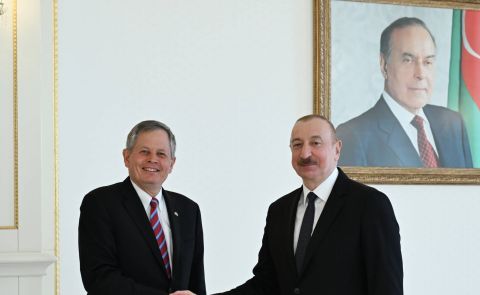
Political crisis in Georgia: the aftermath of Melia’s arrest
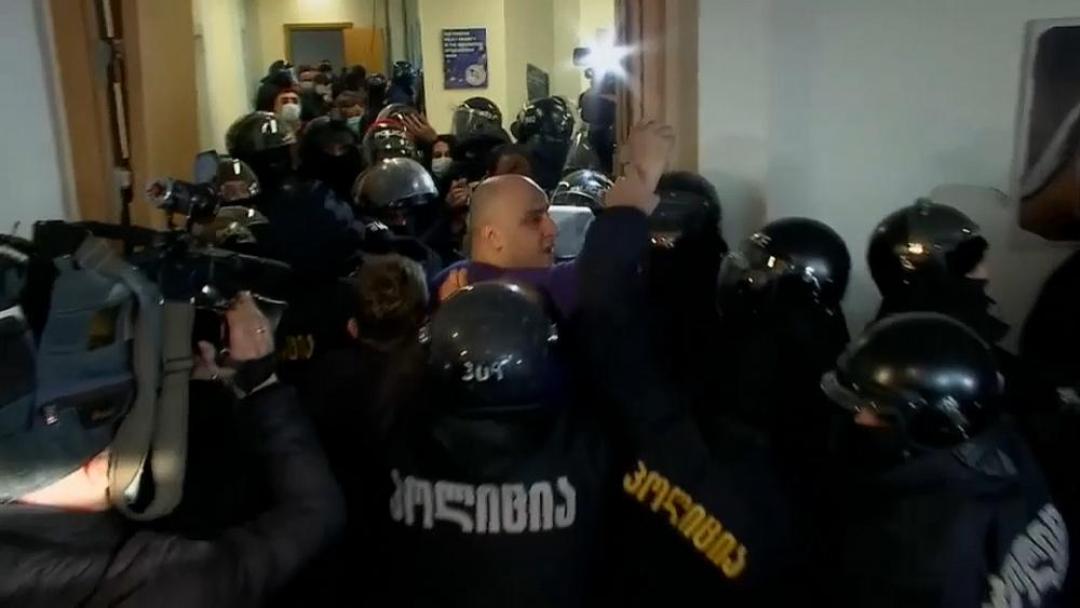
On 23 February, Georgia’s Prime Minister Irakli Garibashvili addressed the nation following the arrest of the leader of the United National Movement (UNM) Nikanor Melia.
“Yesterday, I presented the future vision of the government in the Parliament of Georgia. However, against the backdrop of a deliberate, insulting campaign against law enforcement officials – the hero police officers – I mainly had to talk about the destructive actions of the opposition, in addition to our common goals and challenges,” he said. “Today, now that the law has been enforced and the state has taken its due place, I would like to call on all political forces who hold the country dear to open a real and earnest dialogue and to talk not about what divides us, but about what must unite us,” he added.
While speaking on the concerns of the international community regarding the political developments in the country (Caucasus Watch reported), the chairman of the ruling Georgian Dream (GD) party Irakli Kobakhidze stated that polarisation in the country could be reduced through the realisation of the rule of law. He underscored that polarisation is determined by the presence of a criminal in politics and not the presence of a politician in prison.
He noted that the past few years have shown that the state’s humane treatment of criminals in politics has intensified the polarisation and radicalisation of political processes. “During this period, with the deepening of radicalism and polarisation, so-called politicians have been exposed or accused of various serious crimes – Mikheil Saakashvili, Nika Gvariamia, Nikanor Melia, Mamuka Khazaradze, Gigi Ugulava, and others. There is a simple principle in the Euro-Atlantic family – a politician who commits a crime, for example, invading constitutional public authorities, bankrupts private banks or television channels, steals tens of millions from the budget, and so on, does not stay in politics. 30 years after the restoration of independence, Georgia also deserves this standard, without the establishment of which a Euro-Atlantic quality democracy will never be established in Georgia. On the contrary, politics has become a refuge for criminals and even a kind of indulgence,” Kobakhidze stated.
Meanwhile, the opposition parties in the country blocked Rustaveli Avenue in the capital of Tbilisi, demanding imposition of sanctions against politicians, judges and the law enforcers who participated in Melia’s arrest. The UNM member Zaal Udumashvili labelled Garibashvili’s statements as cynical. According to Udumashvili, the opposition is ready for the negotiations, but with a precondition that Nika Melia should be sitting at the dialogue table and that the UNM would only enter the parliament if repeated elections are held.
In the meantime, the EU and US ambassadors to Georgia, Carl Harzell and Kelly Degnan, started negotiations with the opposition parties to discuss the recent developments. “The key words for today more than ever is about de-escalation and about coming back to the negotiations trying to defuse the current tensions which we find very concerning,” stated Hartzell. US Ambassador Degnan has also stated that both - the ruling party and opposition - are ready to find a solution out of the current political crisis. She said the US embassy would continue to talk with the opposition and the GD “to see if there is a way forward in the situation.” Another party engaged in the facilitation process was Georgia’s President Salome Zourabichvili, who discussed the situation with Garibashvili, as well as the US, French (Diego Colas) and German (Hubert Knirsch) ambassadors in the country.
The international community continued to express its concerns in regard to the situation. The National Security Advisor of the US President Jake Sullivan called all sides to return to negotiations in order to avoid escalation in the country. “We call for the release of all political prisoners, including Nika Melia and Giorgi Rurua. All political parties in Georgia must stop provocations and negotiate a peaceful solution to the crisis,” read the joint statement of the US Senators Jim Risch, Jeanne Shaheen, Adam Kinzinger and Gerry Connolly. “Following with concern the latest events in Tbilisi. As OSCE Chairperson-in-Office, I repeat my call on all sides to immediately de-escalate the situation, resume dialogue and act with full respect of OSCE commitments to safeguard the progress the country has made,” said the OSCE chairperson in office Ann Lynde.
“The EU cannot overlook the current situation when the use of force, revanchism, and brinkmanship have become dominant trends. Political polarisation and tensions endanger the stability within the society and the State. Moreover, the political crisis risks diverging Georgia from the path of reforms under the Association Agreement with the EU. We urge you to use your visit to encourage the Georgian political forces to seek an immediate renewal of the cross-party dialogue, which must lead to a concrete memorandum of understanding focused on nurturing a cooperative and inclusive political environment in Georgia. The speed and will with which the Georgian political elite re-engages into the cross-party dialogue will reflect their determination to validate the declared European aspirations for Georgia. We believe, in this process, the Georgian civil sector can have a significant positive influence; hence, we encourage you to actively engage them during your visit,” read the letter of several EU parliamentarians addressed to the EU Council President Charles Michel for his forthcoming visit to Georgia in March.
See Also

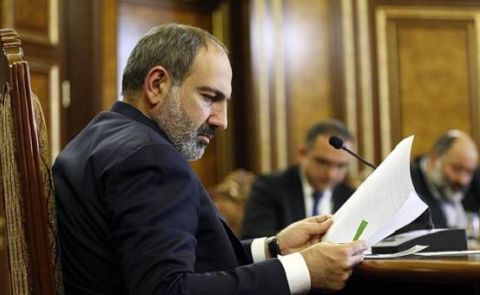
Pashinyan Commemorates First Republic Day, Highlights Progress in Sovereignty and Peace Efforts

Israeli Ambassador to Armenia Acknowledges Challenges but Optimistic About Future Armenian-Israeli Cooperation
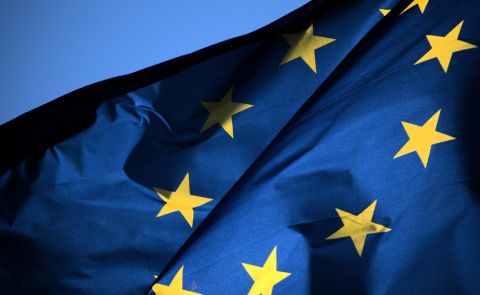
EU Plans Closer Cooperation with Azerbaijan, Georgia, Türkiye, and Other Black Sea States
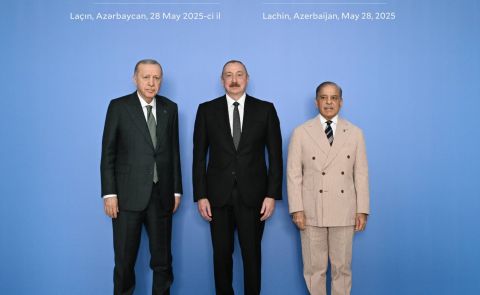
Azerbaijan, Türkiye, and Pakistan Highlight Growing Strategic Cooperation at Lachin Summit

